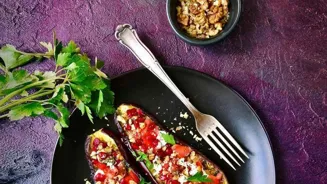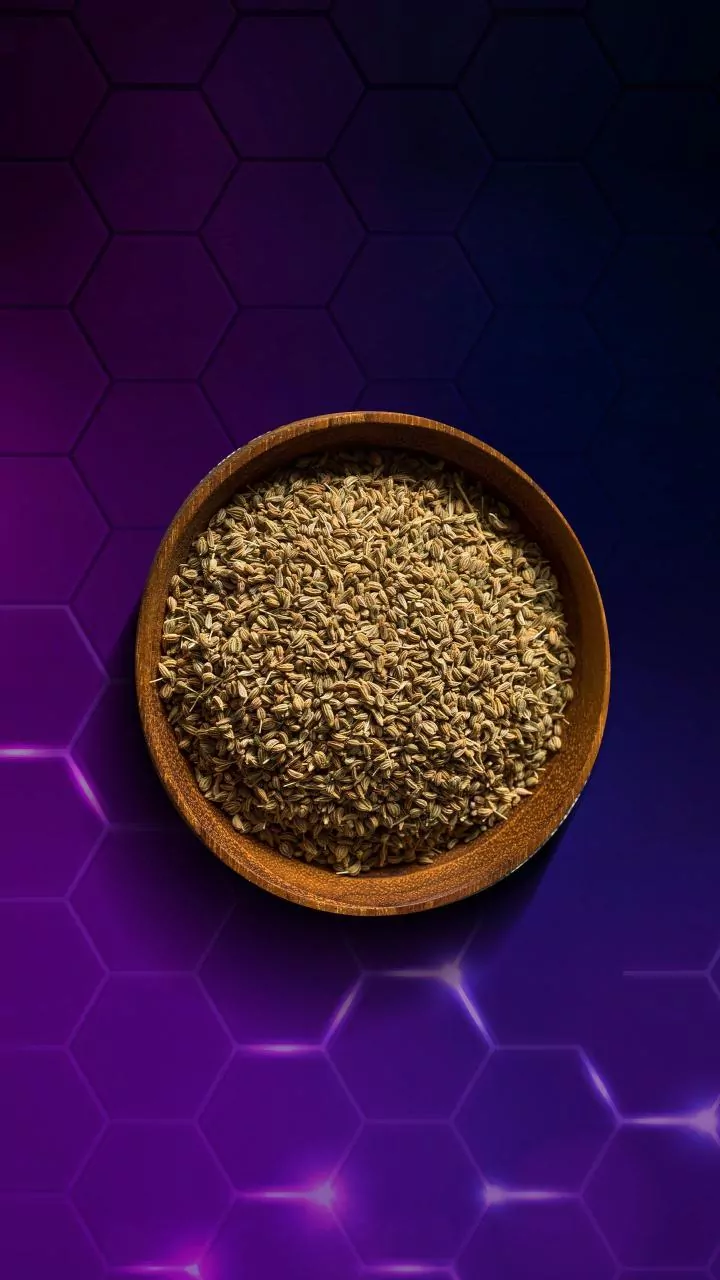Unlocking Memories Through Food: The Heartwarming Connection in Indian Homes. Delve into the nostalgia and tradition
From the snow-capped Himalayas to the sun-kissed beaches of Kerala, India is a land of diverse
cultures, languages, and most importantly, cuisines. But beyond the spices and flavors, Indian food holds a deeper significance: it’s intrinsically linked to our memories.
The aroma of a particular dish can transport us back to childhood, evoking feelings of warmth, nostalgia, and a sense of belonging. Food is more than just sustenance; it's a powerful trigger for unlocking cherished moments and connecting us to our past.
This connection is especially strong within Indian families, where recipes are passed down through generations, along with the stories and traditions that accompany them. Let's delve into the fascinating world of food and memory, exploring how it plays out in Indian homes.
Indians abroad connect to roots through food memories
It’s not just about eating; it's about the entire experience. The preparation, the aromas that fill the house, the shared laughter around the table, and the stories exchanged – all these elements contribute to creating lasting memories.
Many Indians who live abroad often find themselves craving the familiar tastes of home. It's not simply the taste they miss, but the feeling of connection to their roots, their family, and their culture.
Preparing a beloved dish from their childhood becomes a way to relive those happy times and feel closer to their loved ones, despite the distance.
Food triggers memories, linking taste and smell to emotional experiences
Food acts as a time machine, instantly transporting us back to specific moments in our lives. For many, the smell of freshly baked naan might conjure up images of their grandmother kneading dough with love and care.
The taste of a simple dal chawal could bring back memories of family dinners where everyone shared stories and laughter. These culinary experiences are deeply ingrained in our minds, forming a powerful link between food and memory.
This phenomenon is not just anecdotal; scientific research also supports the idea that smell, in particular, is strongly linked to memory. The olfactory bulb, which processes smell, is located close to the amygdala and hippocampus, brain regions associated with emotion and memory.
Indian families cherish traditional dishes for celebrations, passing on cultural heritage
Many Indian families have specific dishes that are associated with particular occasions or celebrations. Laddus during Diwali, payasam for Onam, and modaks for Ganesh Chaturthi are not just sweets; they are symbolic of the festivities and the joy that accompanies them.
The preparation of these dishes often involves the entire family, creating shared experiences and strengthening bonds. These traditions are passed down from one generation to the next, ensuring that the memories associated with these foods are kept alive.
Food becomes a vessel for carrying cultural heritage and preserving family history.
Indian food embodies love and care, connecting generations through culinary traditions
In Indian culture, food is often seen as an expression of love and care. Mothers and grandmothers are often the keepers of family recipes and are renowned for their culinary skills.
The effort they put into preparing meals is seen as a gesture of affection, nourishing not only the body but also the soul. A simple act like packing a homemade lunchbox for a child is a demonstration of love and concern, creating happy memories that will last a lifetime.
This emotional connection to food is deeply ingrained in Indian culture, making it more than just a means of survival.
Recipes hold memories and tradition, passing down love and heritage
Many Indians have fond memories of specific dishes prepared by their mothers or grandmothers. These dishes are often associated with feelings of comfort, security, and love. The taste of a particular dish can bring back memories of childhood, reminding them of happy times spent with their families.
Sharing these stories and recipes with younger generations helps to keep these memories alive. These recipes passed are not about the steps. It is an heirloom to family. It is a cultural heritage. It ensures that the traditions and values associated with them are preserved for generations to come.
AI Generated Content. Glance/InMobi shall have no liability for the content




















